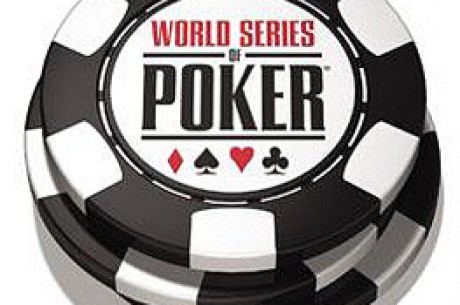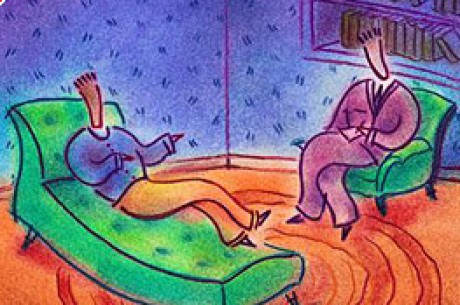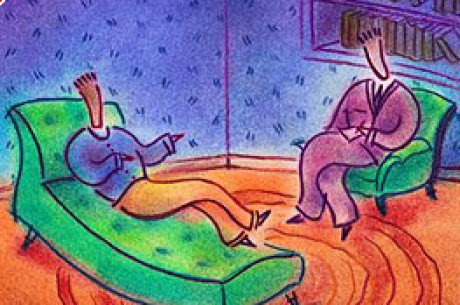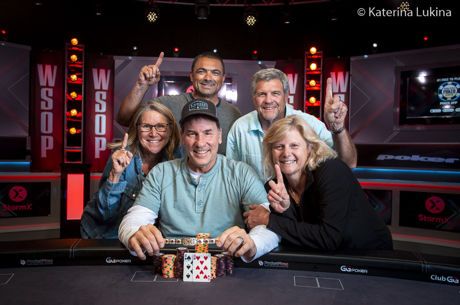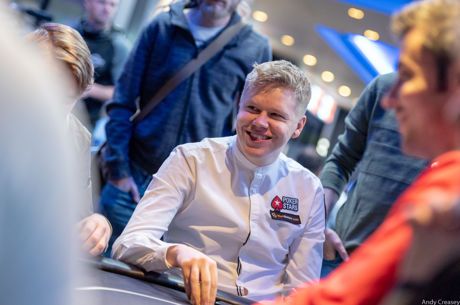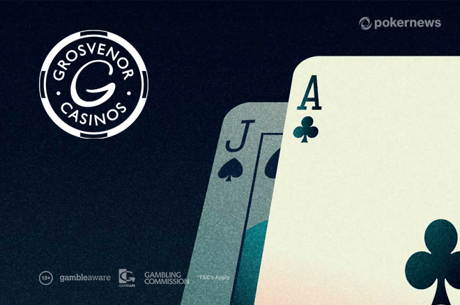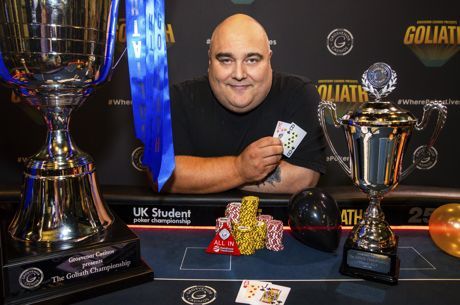The Poker Counselor's Corner (29)
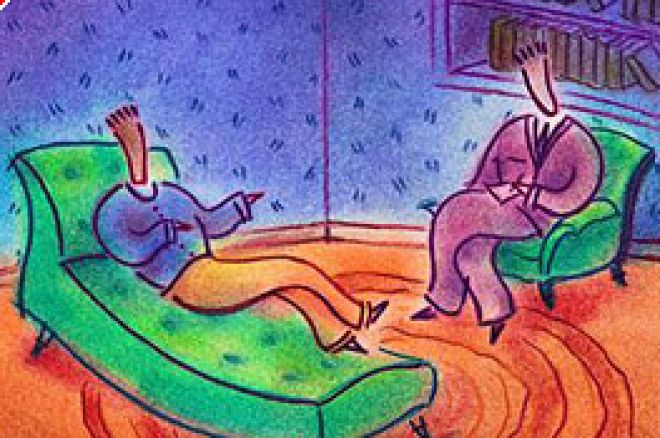
Editor's Note: In addition to being a poker enthusiast, gambling columnist, and lecturer, John is a National Certified Counselor (NCC). He has a Master of Arts degree in Counseling from West Virginia University, and a Bachelor's degree in Psychology with a minor in Sociology from Lock Haven University. You can arrange for interviews, speaking engagements, or ask your question to "the Poker Counselor" at [email protected].
I'm very serious about poker. I have dreams of playing professionally in a few years, once I have a bankroll built (or a financial backer). Since I'm serious about the game, I have trouble putting up with some of the guys in my regular home game. They seem more interested in telling jokes and drinking than in poker. Should I quit going? - emailed by Blaine R.
Many poker insiders would immediately advise you to leave that game and focus your time elsewhere online and in live casinos. I am not as quick to dismiss this lively home game. I don't know much about your situation, since this is a rather concise question. I do know that one of your primary goals is to build a poker bankroll. This seems to be an ideal situation to get some quick and easy money. The guys who drink and laugh all night are sure to make big mistakes and ooze tells. Take advantage of this and outwork them at the tables. If you want to be a professional player, this is a great opportunity to hone your businesslike, professional attitude. See it as your duty to win their money. As your game progresses and your bankroll swells, feel free to encourage these tablemates to raise the stakes of the game. A true professional is looking to score wins and (most importantly) profits, even if that means lasting through behaviors that annoy you.
On the other hand, it may be advisable to dump this home game if there is little money to be won. Your time may be best spent elsewhere. I remember when my friend's pesky younger brother always wanted to play basketball against us, even though we were nearly 10 years older than him. There really was no challenge in bowling over the little guy to score. Beating him time and again did not make us better basketball players. Scoring on him wasn't even fun. The same holds true in this situation. Beating these guys may be only a minimal benefit to your poker skills. So, hang in there if the pots are big enough to actually boost your bankroll. If this home game involves raises that are measured in cents, then get out of there and find a better way to spend your time and poker attention.
I'm too tight. I know it, but I can't change it. I just can't pull the trigger to call a big raise. I don't bet enough when I have a hand and get a couple of callers. How do I get that killer edge? - Allen D. from Winchester, VA
The good part is that you are looking analytically at your game. You've identified a problem that you consider major. From your question, I perceive you to be a meek, conservative player. When you refer to being unable to "pull the trigger," I'm guessing that you mean to infer that you fold even though your instincts compel you to call or raise. If my guess is correct, then you do indeed have a major hole in your game. I spend a lot of my time trying to convince poker players to trust their instincts. Many players get so wrapped up into pot odds and poker statistics that they neglect to listen to their gut feeling. Next, let me address your overly tight play. This is often caused by a couple of possible basic roots. One, you may be playing above your financial means. Because the money seems like such a large amount in comparison to what you're willing to lose, you play scared. A way to test this is to see if you play as conservatively when you drop down to low buy-in levels (i.e. a $5 buy-in online tournament, or a 5/10�� blinds cash game with $10 minimum buy-in). If you still play too tight in these cheaper games, it may be a more psychological issue. Some players simply fear losing. Their chips represent their self-worth and self-confidence. These types of players desperately hold onto every chip, and cannot stand to risk losing them. Losing their chips is symbolic of losing some self-worth. If this is you, you'll need to rectify that broken confidence before you can fix your poker game. Are you unconfident in other parts of your life? Do you have similar issues at work or with friends? Your goals in life, and at the table, should continue to challenge your shortcomings. You should not be trying NOT to lose; the goal is to win. The best players have a goal to dominate. The killer instinct comes from within. If you don't believe in yourself and your ability, stay away from the tables and save yourself the time and money. Come back when you've found that inner confidence that will fuel your poker quest.
KEEP THOSE QUESTIONS COMING!!! [email protected]
Ed Note: Hone your killer instinct at Poker Stars

